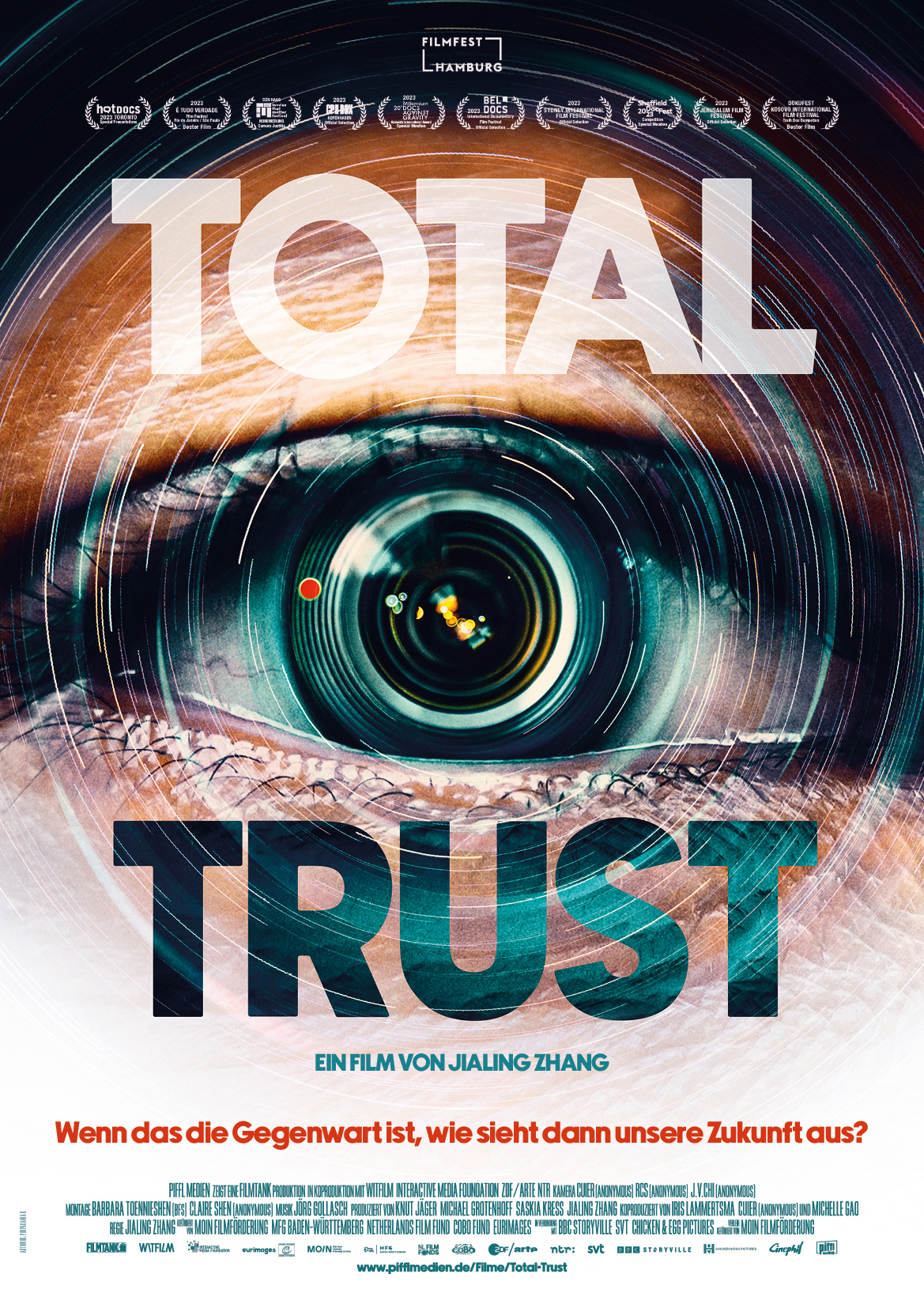Surveillance worldwide
Globally, the surveillance tech industry has grown rapidly and is expected to be worth more than $230 billion by 2027.
As France prepares for the 2024 Olympics in Paris, the government is pushing to introduce powers that would allow it to use AI-assisted video surveillance. Video footage from CCTV cameras and drones would be monitored by AI and any activity considered “abnormal” by an AI algorithm would immediately be flagged to law enforcement.
In Germany, there is growing debate over the use of “crime prediction” software which uses big data to create profiles of suspects before any crime has been committed. Privacy campaigners warn that this would allow the police to gather data on innocent people without justification.
Four former senior representatives of German company Finfisher were recently charged with selling surveillance technology to countries outside the EU, including Egypt, Myanmar and Turkey, without official export authorization from the government.
In Netherlands, the use of discriminatory AI tools led to vulnerable and marginalised groups being accused of benefits fraud. Nearly 70 percent of those singled out were first- or second-generation migrants—for investigation. A huge scandal erupted, with the Dutch Data Protection Authority found that the government had illegally used nationality as a variable, which Amnesty International compared to “digital ethnic profiling.” The EU’s AI Act would prevent this. The Netherlands is now among countries pushing for an AI Act that will safeguard human rights.
In the UK, in 2020, there were approximately 5.2 million CCTV cameras in operation meaning that UK citizens can be captured on a CCTV camera more than 70 times per day. The Public Order Bill (2023) has introduced clampdowns on protesters, including the introduction of Serious Disruption Prevention Orders. These allow UK courts to preemptively ban affected individuals from being in certain places at certain times, even if they have not committed an offence, and could lead to the individual being electronically monitored to ensure compliance.
Following the decision to overthrow Roe v Wade in the US, concerns were raised that law enforcement may be able to access personal data from period tracking apps to bring charges against women seeking reproductive healthcare. In Nebraska, Meta gave police access to the private messages of a 17-year-old girl who underwent an abortion following a miscarriage.
The EU’s border agency, Frontex, has increased the use of surveillance technology including drones to monitor migrant populations. Since 2007, the EU has spent €340 million on research into artificial intelligence for border control purposes.
Along the US-Mexico border, surveillance towers have been installed to detect migrants. The surveillance system not only monitors the border but extends for 100 miles into the United States and includes the use of drones, license plate readers and facial recognition software.
Across the globe, security services, governments, companies, and hackers are using spyware technologies such as Pegasus that enable third parties to snoop on devices without detection. These technologies are being used to monitor the activities of citizens, human rights defenders, journalists, lawyers, diplomats, businesspeople, and academics.


































